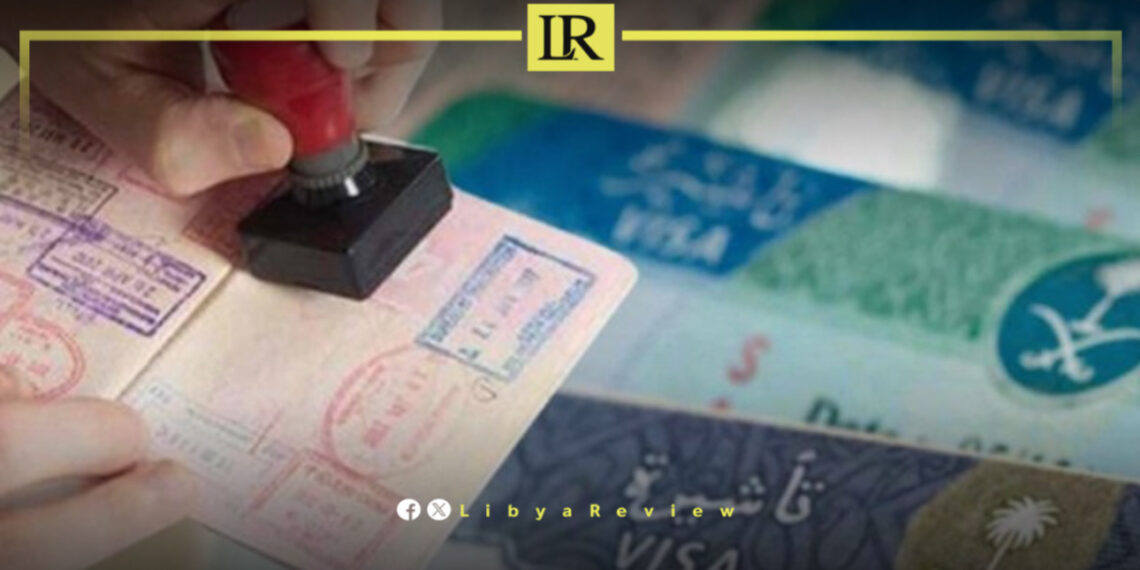The United States has renewed entry restrictions and visa limitations for citizens of several countries, including Libya, as part of ongoing national security measures.
The announcement was confirmed by the US Embassy in Libya, which stated that the renewal falls under a presidential proclamation designed to safeguard US national security and public safety.
According to the embassy, Libyan citizens remain eligible to apply for US visas and attend scheduled consular interviews.
However, applicants may still be found ineligible for visa issuance or denied entry into the United States following individual assessments. The embassy emphasized that the measure is not a blanket ban, but rather a continuation of tightened screening procedures for nationals from countries classified as presenting higher security risks or insufficient information-sharing with U.S. authorities.
Libya has remained on this list for several years due to ongoing security concerns, governance challenges, and limited institutional coordination with international security systems.
The renewal of restrictions indicates that Washington continues to view the situation in Libya as requiring enhanced vetting and stricter travel controls. Officials stressed that decisions will continue to be made case by case, based on U.S. immigration law and security criteria.
The updated list of affected countries includes Afghanistan, Eritrea, Burma, Burundi, Chad, the Democratic Republic of the Congo, Equatorial Guinea, Cuba, Haiti, Iran, Laos, Sierra Leone, Somalia, Sudan, Togo, Turkmenistan, Venezuela, and Yemen. Citizens of these states may face longer processing times, higher scrutiny, or additional documentation requirements during the visa review process.
The announcement comes as the United States prepares for significantly increased international travel ahead of the 2026 FIFA World Cup, which will be hosted across the United States, Mexico, and Canada from 11 June to 19 July.
While the tournament is not linked to the visa restrictions, the renewal highlights ongoing US efforts to maintain strict border and security protocols during a period of major global events and heightened international mobility.
The embassy encouraged Libyan applicants to continue submitting their applications normally and to monitor any updates or changes in consular procedures. It reaffirmed that each application will be evaluated individually, and that eligibility decisions remain based on U.S. law.


